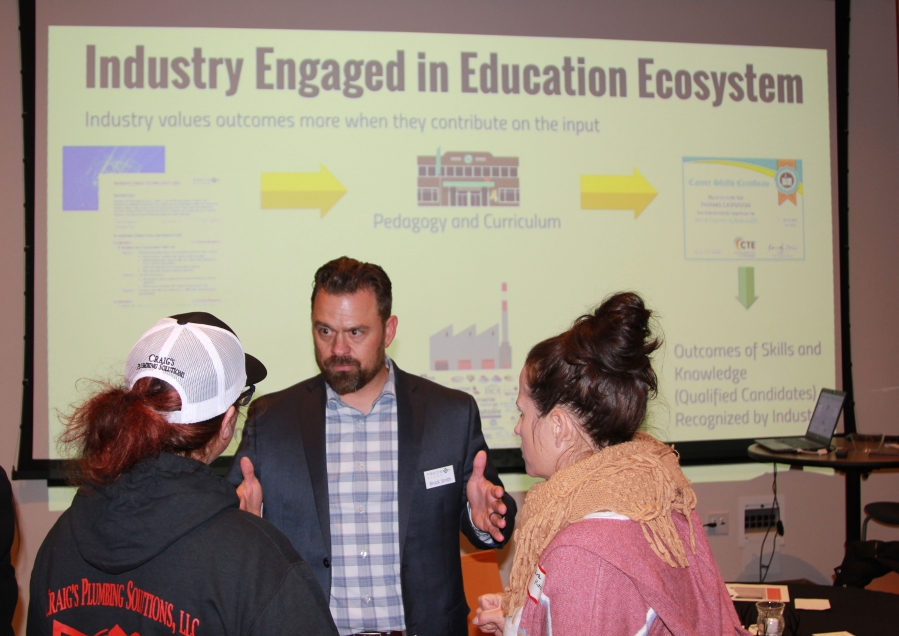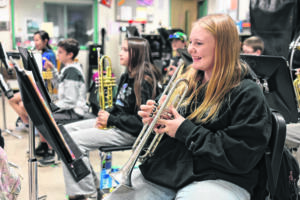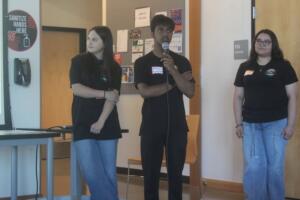During the past several years, Washougal School District’s (WSD) career and technical education (CTE) program has seen substantial growth.
The program currently has 201 students, an all-time high, and more than 100 business partners.
But in order for the program to expand its local partnerships to gain insight into the needs of industries, it must continually undergo self-evaluation. In this effort, Washougal High School CTE director Margaret Rice and her teachers are assisted by program advisory committees, which help to provide direction, set standards and access resources.
“Maybe we have been teaching something for a really long time and there’s no longer jobs available (in that industry),” Rice said. “We need to look at what we’re doing and what we need to change, and that’s part of what our advisories do. We put our courses in front of our advisories every year with economic data, and they help us to make that determination.”
Members of those committees, along with Washougal-area employers, business leaders and educators, came together on Thursday, Oct. 17, at Washougal High School to help WSD’s CTE program leverage existing offerings to prepare students for future employment.
“(Businesses) can help us by making sure that the standards that we’re assessing the students by are the standards that they are looking for, and we can help connect them with students that are leaving our system, graduating and looking for gainful employment,” Rice said. “It’s a win-win. The more we can work together with them, the better.”




